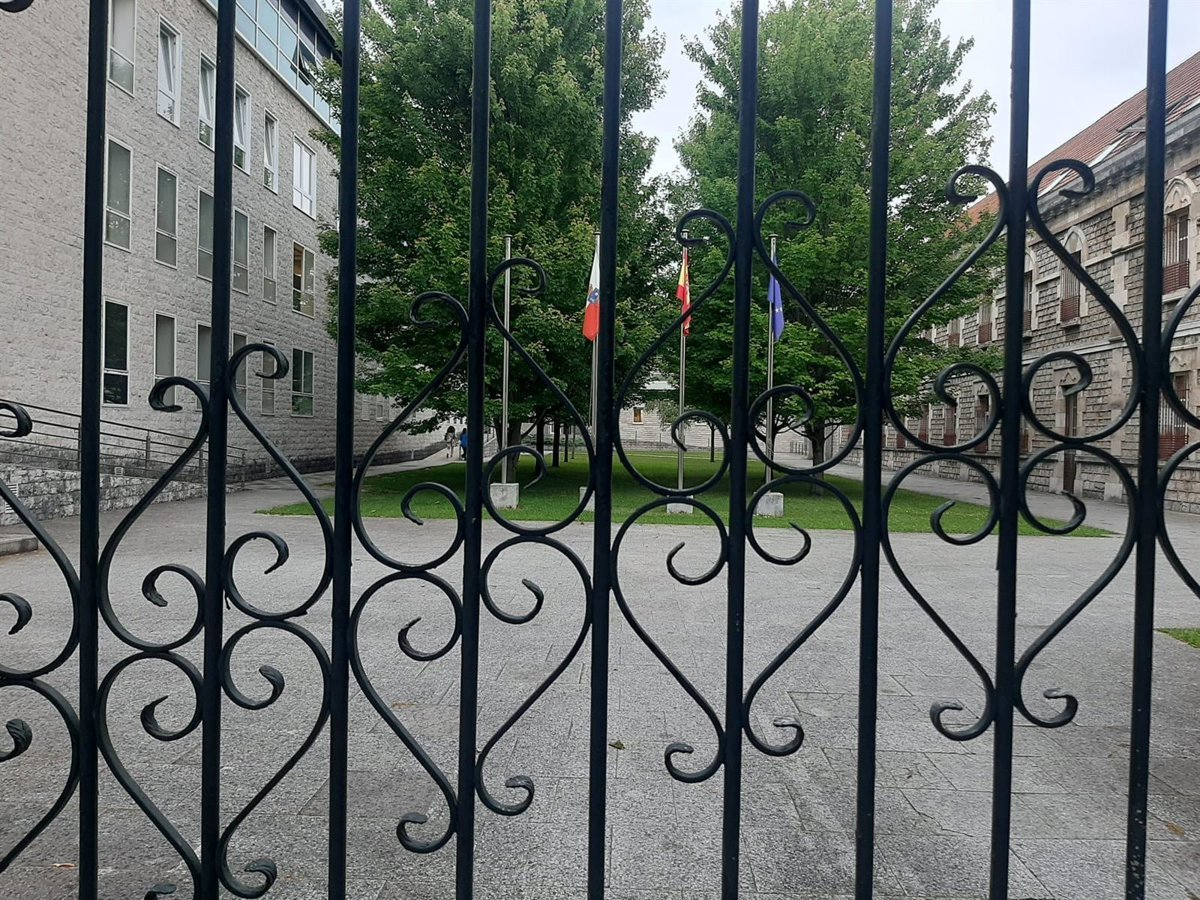Dos años de prisión para exdirector bancario por estafar 50.000 euros a anciana

The Provincial Court of Cantabria has sentenced a former bank branch director to two years in prison and a fine of 1,800 euros for persuading a former 89-year-old client, now deceased, to allow him access to her accounts and, without her knowledge, transferring 49,910 euros to his personal account.
The Third Section of the Provincial Court considers him guilty of aggravated fraud in the verdict, which was announced on Wednesday by the Superior Court of Justice of Cantabria (TSJC) and is not final, as it can be appealed to the Criminal Chamber of the TSJC.
The court took into account the mitigating circumstance of criminal liability for damage reparation, as when he was called to testify as a suspect, the accused deposited 50,000 euros in court with the intention of returning the money to the woman’s inheritance.
PROVEN FACTS
According to the proven facts in the judgment, the accused «took advantage of the advanced age and the trust relationship» he had with an 89-year-old woman, «trust born from the fact that he was, before ceasing as such, the director of the bank branch where the woman was a client.»
The man «convinced her to allow him access to her bank accounts, where he was authorized.»
Thus, «using online banking services» that the woman did not know how to use, «with the intention of obtaining an illicit benefit and without her knowledge, he made four money transfers to his favor» of 10,000, 20,000, 19,000, and 910 euros.
The money remained in his possession until two years later when the woman’s grandchildren discovered the transfers and reported the incident. The elderly woman passed away the following month.
AGGRAVATED FRAUD
The Court found these facts proven based on documentary evidence, which proves the establishment of current accounts, as well as the transactions that occurred between them and the accused.
It dismisses the accused’s version, who admitted to making the transfers but claimed to be following the woman’s instructions.
For the court, «the accused’s statements throughout the proceedings break on relevant points,» such as the purpose for which he received the money: he said during the investigation that it was to manage it, but later in the trial stated that he had it on deposit.
He also provided different versions regarding his interactions with the woman: he said during the investigation that he visited her every week, but in the trial, he claimed to call her every day, unaware of her condition as she needed a caregiver and was hospitalized after a fall.
Finally, he claimed to have learned of her death when his lawyer informed him, while the woman’s niece testified that she had told him months earlier.
In conclusion, «the accused’s version is not sustainable.» The reality is that «the accused, taking advantage of the great trust (in his own words) that the woman placed in him and knowing that her advanced age would prevent her from closely monitoring what he was doing with her money, using the authorization she had entrusted in good faith, decided to seize the opportunity and through these repeated and double transfers, sent 49,910 euros that were the woman’s exclusive property to his own personal current account.»
«And after carrying out these actions using online banking, and therefore behind the woman’s back, he simply forgot about her and incorporated the money into his assets, until two years later when the grandchildren discovered what he had done,» the verdict adds.
The court explains that this behavior constitutes aggravated fraud as the accused took advantage of the woman’s trust and professional credibility, having been the director of the bank branch where she was a client.
«This reduplicated situation (abuse of personal relationships between them and abuse of professional credibility) forms the specific aggravation contemplated,» it concludes.








